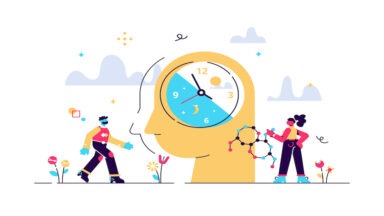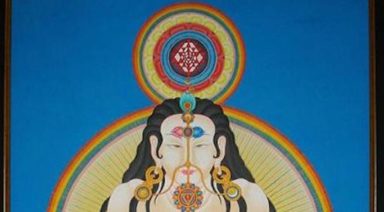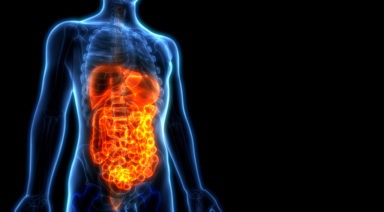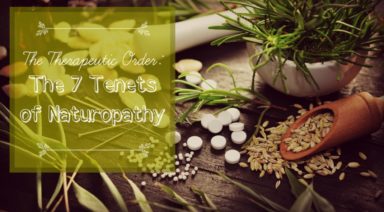Scientists Make New Discovery in Efficacy of Sound Healing

Exciting new research and cutting-edge technologies show just how powerful sound, vibration, and frequency are in facilitating healing and expansion of consciousness.
Sound has been used for millennia as a powerful tool for physical healing and spiritual awakening. Today, new research into the science of sound, as well as emerging technologies to deliver personalized sound healing, has revolutionized the ancient practice.
Dr. Jeffrey Thompson is a renowned sound healer who has, over the last 40 years, pioneered a range of remarkable discoveries in the field. He explains how our connection to sound begins before birth.
“My total experience in the womb, and for all of us, is baptized by sound and vibration. My ears are hearing it, and the largest sensory organ of my body, my skin, is feeling it. That’s my whole experience for nine months. I think that’s why sound is the most powerful clinical tool; sound is bigger and more powerful than all of them,” Thompson said.
The mechanism by which sound brings about physical healing has been studied for decades and is continually being refined by new scientific findings.
“When a cell goes into a healing response, it increases its metabolism and its intake of food, expelling of waste, and rebuilding of tissue, so it’s raising its energy up. Sound waves can raise it to its highest possible potential that is way higher than the cell can do on its own, so we’ve just created a super-healing state,” he said.
Watch more:
You Can Rewire Your Brain to Eliminate Chronic Back Pain

A groundbreaking new study shows the remarkable efficacy of a brain-based treatment for chronic back pain. It provides new hope for a debilitating problem.
One in five Americans suffers from chronic pain, most often without receiving many benefits from invasive and costly treatments.
The most common type of chronic pain is chronic back pain- in 85% of cases of which no physical cause can be identified.
Dr. Yoni Ashar is a clinical psychologist and neuroscientist who studies psychological treatments for chronic pain. He recently led a study at the University of Colorado Boulder to determine whether a psychological treatment can eliminate chronic back pain — something no other therapy has ever before been scientifically proven to do.
“Our society predominantly thinks about chronic pain through a biomechanical, medical perspective. The most common treatments are physical; they’re injections or physical therapy, something targeting the body. What we’re learning more and more is that in many cases of chronic pain the problem lies in the mind or the brain. And we now have decades of research, both in neuroscience medicine and psychology, showing that there are a lot of changes that happen in the brain during chronic pain. In many cases, these can cause the pain to persist after an injury has healed.”
An important distinction that should be made when discussing chronic pain is that between the two types — primary and secondary.
“With secondary chronic pain, the pain is secondary to some medical problem or disease. With primary pain the pain is the primary problem, it is not secondary to anything else. What really is driving it are neuroplastic changes in the brain, and fear and avoidance. Fear is at the heart of chronic pain, so pain is a danger signal. The fundamental function of pain is to guide a person or animal away from things that are dangerous and when we perceive things to be dangerous that can amplify or even create this pain in our brains.”




































